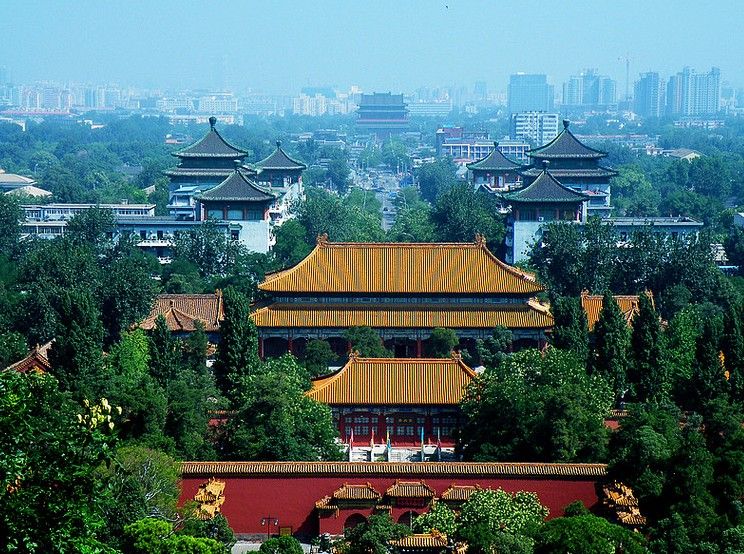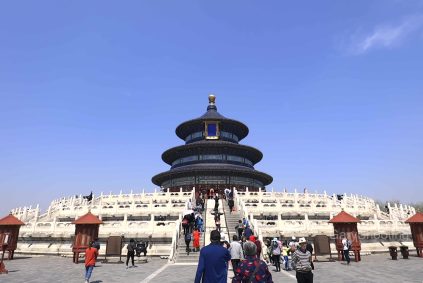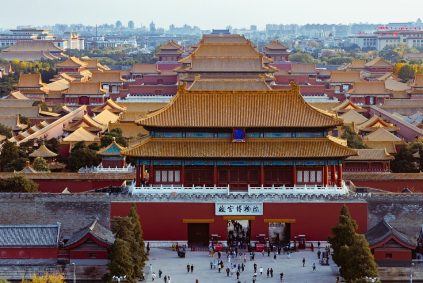When traveling at night, special attention should be paid to personal safety, traffic risks, environmental hazards and emergency response capabilities. The following are practical suggestions for different scenarios and groups of people:
First, the principle of core security
The “Three Nos Principle”
Don’t travel alone: Travel in groups (at least two people), and avoid going to remote areas alone.
Don’t show off your wealth: Keep valuable items such as mobile phones and wallets close to your body, and avoid wearing conspicuous jewelry.
No risks: Stay away from construction areas, unlit alleys, and undeveloped areas (such as abandoned construction sites and wild mountains).
The “Three Timeliness” principle
Timely reporting: Inform your relatives and friends of your destination and return time, and share your real-time location via your mobile phone.
Seek help promptly: In case of suspicious individuals or emergencies, call 110 immediately or seek assistance from nearby security personnel.
Timely evacuation: If you notice any abnormal environment (such as sudden lighting out or crowd commotion), quickly move to a bright and crowded area.
Second, scenario-based security guidelines
Public transportation (subway/bus/taxi)
Subway
The last train time: The last train of Beijing Subway is mostly between 23:00 and 23:30. Some lines (such as the Airport Line) are even later. You can check it through the “Beijing Subway” APP.
Safe platform: Give priority to stations with security patrols (such as major transfer stations like Xidan and Guomao) to avoid being stranded on the platform after the last train.
Bus
Night routes: Some routes (such as Night Route 1 and Night Route 2) operate until 4:00 a.m., but the intervals between trips are relatively long, so advance planning is required.
Seat for boarding: Choose a seat behind the driver or near the door, and avoid sitting in the last row of the carriage.
Taxi/Online car-hailing:
Verify information: Before getting on the vehicle, check the license plate number and the driver’s name. Refuse carpooling or changing routes halfway.
Share your trip: Use Didi’s “Trip Share” function or send your real-time location to your friends and relatives via wechat.
2. Walking and cycling
Route selection:
Give priority to main roads (such as Chang ‘an Avenue and Ping ‘an Street), and avoid alleys without street lamps or demolition areas.
When using navigation, turn on the “Walking/Cycling Safety Mode” (such as the “Night Travel” function of Autonavi Maps).
Equipment suggestions:
Reflective signs: When cycling at night, helmets and reflective vests must be worn. Bicycles should be equipped with front and rear lights.
Self-defense tools: You can carry portable alarms (such as screat-sounding alarms that sound when pressed), and avoid using prohibited items such as knives.
3. Entertainment venues (bars/night markets/business districts)
Drinking safety
Control alcohol intake: Avoid traveling alone after getting drunk. Companions should keep an eye on each other.
Preventive measures: Do not drink beverages that are out of sight. It is preferred to choose beverages in sealed packaging.
Crowd management
Avoid crowds: In case of promotions in shopping malls or the end of a concert when people gather, take a detour in advance or wait for the crowd to disperse.
Emergency Exit: When entering the venue, pay attention to the location of the safety passage to avoid being trapped in elevators or enclosed Spaces.
Third, special groups and scenarios
1. Women travel at night
Anti-harassment tips:
Stay vigilant: Avoid being alone for long periods with strange men in enclosed Spaces such as elevators and stairwells.
Bluffing: If followed, one can pretend to make a phone call (such as “I’m almost there. Where are you?”) Or suddenly change the route.
Emergency tools:
Anti-wolf spray: It must comply with the “Beijing Restricted Carrying Items Catalogue” (spray can capacity ≤150ml), and it is recommended to choose the portable version.
Emergency contact: Set up a quick dial on your mobile phone (such as holding down the power button for 5 seconds to trigger an alarm).
2. Elderly people going out at night
Health protection:
Carry medicines: Carry emergency medicines such as quick-acting heart-saving pills and nitroglycerin with you, and inform your companions of their storage locations.
Avoid fatigue: Keep your night walk within one hour and avoid standing for long periods or climbing slopes.
Auxiliary tools:
Lighting equipment: Use a headlamp or flashlight to ensure that your hands are free to handle emergencies.
Anti-slip shoes: Choose sports shoes with deep sole patterns and avoid icy or slippery roads.
3. Nighttime activities of tourists
Closing hours of the scenic spot:
The Forbidden City, the Temple of Heaven and other scenic spots are closed from 17:00 to 18:00. Only specific areas are open at night (such as the Wanchun Pavilion viewing Platform in Jingshan until 21:00).
Night tour projects: such as the “Liangma River International Style Waterfront” cruise (last departure 22:00), Qianmen Street Light Show (until 23:00), tickets need to be purchased in advance.
Tips for preventing getting lost:
Download offline maps: Use the “Offline Maps” function of Baidu Maps to avoid signal interruption.
Identify landmarks: Remember the locations of nearby convenience stores (such as 7-Eleven, Lawson) or police stations.
Fourth, Emergency Response guidelines
Encountered robbery/theft
Life first: Avoid direct confrontation with the criminal. Remember physical features (such as height, accent, and clothing).
Call the police immediately: Dial 110 and provide the exact location (such as “Outside the Starbucks in the South District of Sanlitun Taikoo Li, Chaoyang District”).
Sudden illness/injury
Self-rescue measures:
Heart disease: Sublingual nitroglycerin, lie flat and raise your legs.
External bleeding: Press the wound with clean clothing and avoid direct contact with dirt.
Seek help nearby: Go to a 24-hour pharmacy (such as Tong Ren Tang) or the emergency department of a hospital (such as the International Department of Union Hospital).
Lost/trapped
Wait in place: If you get lost in a shopping mall or scenic spot, return to the last separation point or service counter first.
Seek help: Ask for assistance from uniuniform staff members (such as security guards and police), and avoid trusting strangers easily.
Summary
The safety of night travel in Beijing should be based on prevention first and supplemented by emergency response. Suggestion:
Plan the route in advance and avoid high-risk areas;
Travel in groups and keep communication channels open.
When in danger, handle the situation calmly and give priority to ensuring personal safety.
“Safety is no small matter; details determine success or failure.” Wish you a safe journey!
















